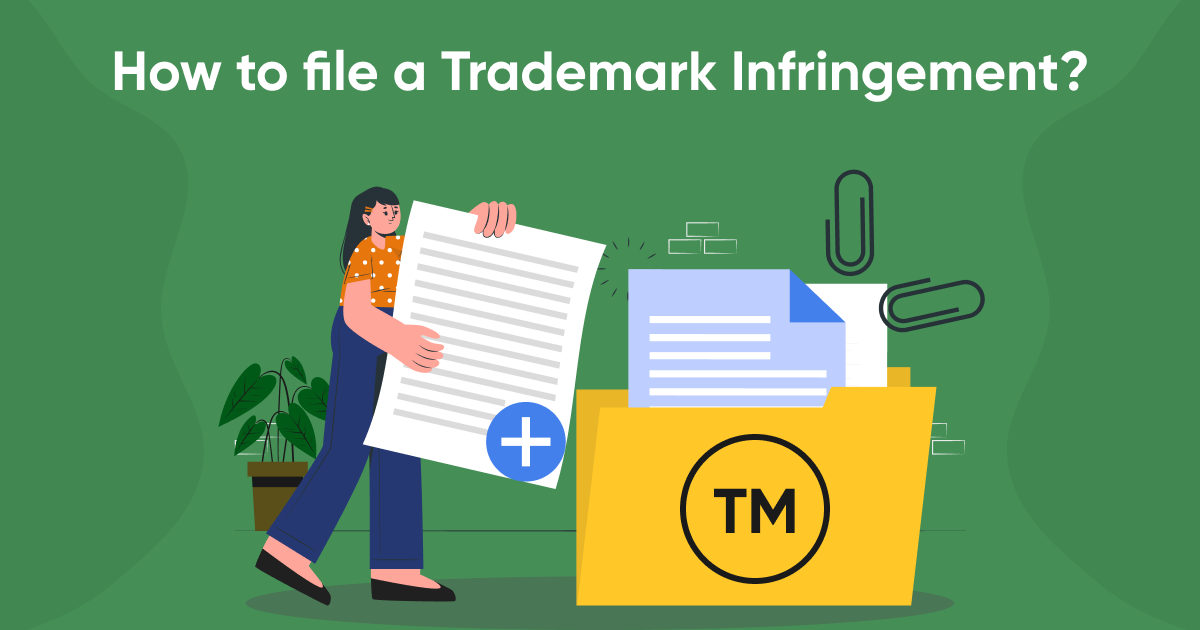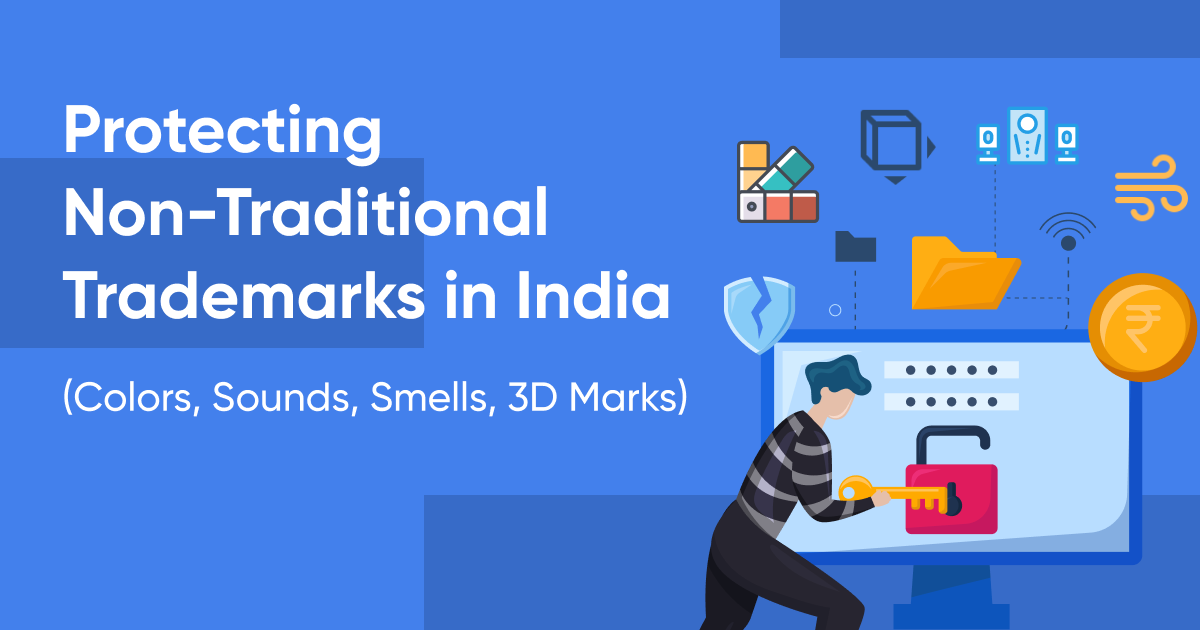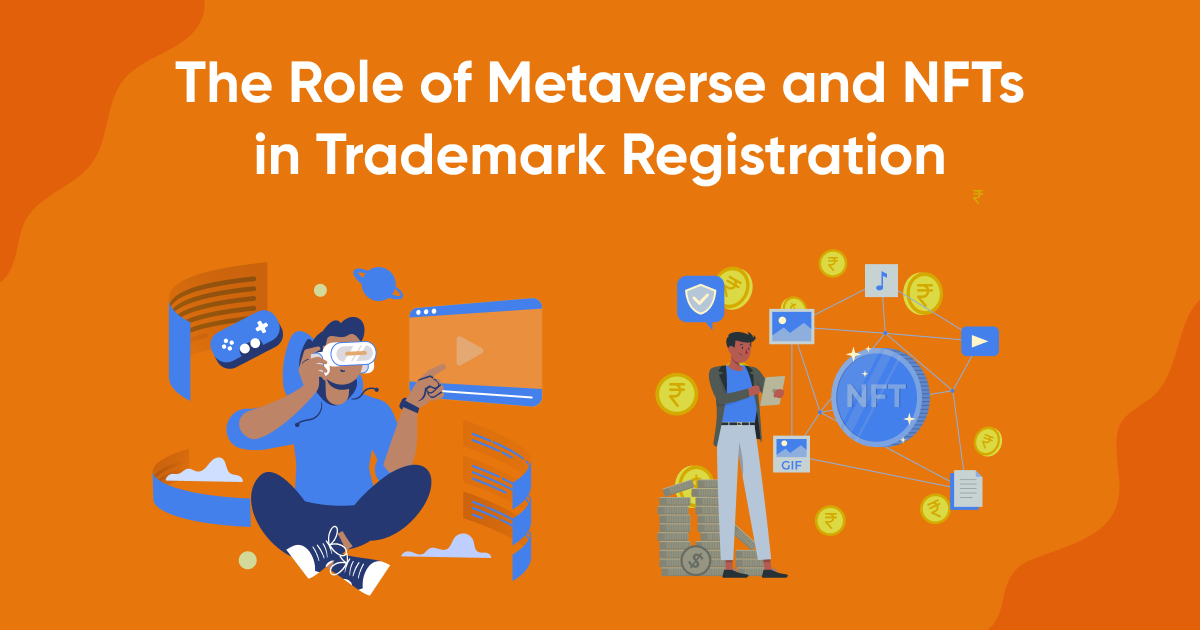The Importance of Trademarks in Digital Marketing
Trademarks are not just legal tools but are pivotal in building a brand's reputation and visibility online. In digital marketing, where the competition is just a click away, a distinctive trademark can set a business apart, driving recognition and customer loyalty. For Indian businesses, where the market is vast and varied, trademarks act as a beacon guiding potential customers towards authentic products and services.
Legal Framework Governing Trademarks in Digital Marketing in India
India's trademark laws are encapsulated in the Trademarks Act, 1999, which extends to digital and online media. However, the application of these laws in digital marketing involves specific considerations:
- Trademark Registration: Ensuring that a business’s logo, taglines, and other brand identifiers are registered under the Trademarks Act is the first step towards securing legal protection.
- Use of Trademarks in Online Advertising: Businesses must ensure that their advertising campaigns do not infringe upon the trademarks of others. This encompasses the use of keywords, meta tags, and advertising copy that might mislead or confuse consumers about the origin of the goods or services.
Common Mistakes in Trademarks Vs Digital Marketing and How to Avoid Them
- Domain Name Disputes: A common issue faced by Indian businesses is cybersquatting, where third parties register domain names similar to registered trademarks. Businesses should proactively register variations of their trademarks as domain names.
- Social Media Branding: As social media platforms become key marketing venues, businesses must ensure that their use of trademarks on these platforms does not infringe on others’ rights. Regular monitoring of how trademarks are being used online is crucial to prevent misuse.
- Keyword Advertising: Using competitors' trademarks as keywords in search engine marketing can lead to trademark infringement. Businesses need to tread carefully, opting for generic or unrelated keywords while promoting their products.
The Challenge with Domain Names and Social Media
In today’s digital age, the choice of domain names and social media handles can have profound trademark implications. Businesses should avoid using trademarks that they do not own in their domain names or social media handles, as this could be considered as infringement, inviting legal actions from the trademark owner. This practice not only poses a legal risk but can also damage the business’s reputation if seen as attempting to mislead consumers.
Case Studies: Lessons from the Indian Market
- Case Study 1: A leading Indian e-commerce company faced legal challenges when they used comparative advertising that included a competitor's trademark. The case emphasized the importance of ethical advertising practices.
- Case Study 2: A startup in Bangalore capitalized on trademarking its uniquely named service, which became synonymous with quality and reliability, demonstrating the power of a well-chosen trademark.
Best Practices for Trademark Management in Digital Marketing
- Proactive Trademark Registration: Beyond registering a trademark, businesses should consider filing for trademarks in categories relevant to future expansions.
- Educating Marketing Teams: Training teams on the importance of complying with trademark laws and the risks associated with infringement can prevent legal issues.
- Implementing Monitoring Systems: Utilizing trademark monitoring services can help in early detection of infringement or misuse, allowing for timely legal action.
Conclusion
For Indian businesses, effectively navigating trademarks in digital marketing is not just about legal compliance, but a strategic imperative. The digital world offers boundless opportunities for brand growth and recognition, but also presents new challenges in trademark management. By comprehending and complying with legal frameworks, businesses can safeguard their brand and secure a sustainable competitive edge.
Frequently Asked Question:
-
What is trademark infringement in digital marketing? Trademark infringement happens when a business uses a trademark similar to another registered trademark in a way that could confuse people about who provides the goods or services. This includes using someone else's trademark in website domain names, social media, or online ads.
-
Can I use a competitor's trademark for my online ads? Using a competitor’s trademark in your online ads can be risky and might lead to legal issues if it confuses customers. It's safer to use generic words or phrases for your ads.
-
How do I stop others from misusing my trademark on social media? To protect your trademark on social media, first make sure you register your trademark and then claim your brand name on all major platforms. Keep an eye on how your trademark is used and report any misuse to the social media platform to have it removed.
-
What should I do if someone uses a domain name that includes my trademark? If someone uses a domain name that includes your trademark, you can challenge this by filing a complaint under ICANN’s dispute resolution policy, or you can take legal action under Indian trademark laws.
-
Do I need to consider trademarks differently for mobile apps? Yes, for mobile apps, make sure the app name or any unique features don't infringe on existing trademarks. Registering your app’s name as a trademark can help protect your rights and prevent others from using similar names.







